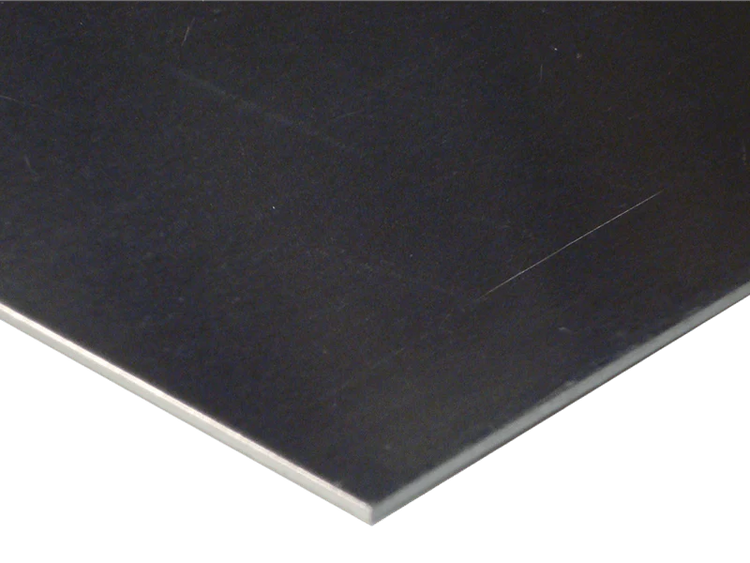-
Aluminum Sheet 0.032 (Grade 5052)
Regular price From $ 6.34 USDRegular priceUnit price / per -
Aluminum Sheet 0.063 (Grade 5052)
Regular price From $ 7.10 USDRegular priceUnit price / per -
Aluminum Sheet 0.09 (Grade 5052)
Regular price From $ 6.40 USDRegular priceUnit price / per -
Aluminum Sheet 0.125 (Grade 5052)
Regular price From $ 6.40 USDRegular priceUnit price / per -
Aluminum Plate 1/4 (Grade 5052)
Regular price From $ 10.05 USDRegular priceUnit price / per -
Aluminum Plate 3/16 (Grade 5052)
Regular price From $ 8.55 USDRegular priceUnit price / per
Collection: Aluminum 5052 Sheet and Plate
Anodized quality aluminum sheet, or 5052 aluminum, is an alloy produced from aluminum, magnesium, and chromium. The alloy has a significantly lower melting point than pure aluminum, making it non-heat treatable and not brittle. Anodized coatings on 5052 are bright and clear. The aluminum sheet formed from this alloy has good bending characteristics and is resistant to corrosion, and 5052 is frequently used in the manufacture of small boats and aircraft body tubes. As aluminum plate, it can be joined by conventional welding methods. Inert gas-shielded tungsten or consumable electrode arc welding are the preferred joining methods. Very light cuts may be made dry, but lubricants are required for most resizing.
Forging and hot working of 5052 are typically performed at a temperature range of 500 to 950 degrees Fahrenheit. Cold working, using either spinning or drawing techniques, requires intermediate annealing at 650 degrees Fahrenheit with air cooling stages. The alloy hardens when cold working and hardening decreases its formability. Hard-temperature 5052 machines are easier than annealed 5052 and also provide a better overall finish quality.






